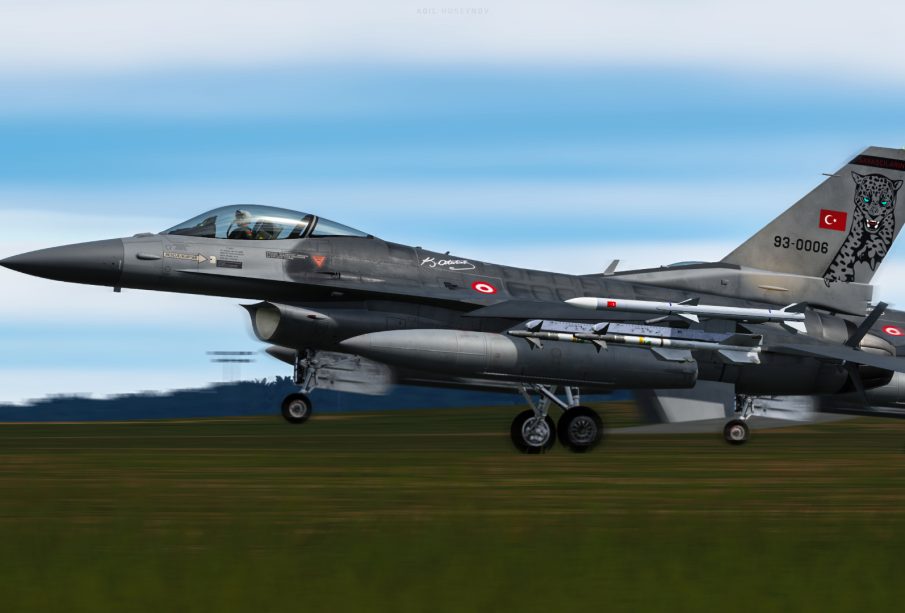Exploring the Richness of Turkey: Culture and History

Introduction
Turkey, a transcontinental country located mainly on the Anatolian Peninsula in Western Asia, is renowned for its rich cultural heritage and historical significance. Bridging Europe and Asia, Turkey offers a unique blend of both Eastern and Western traditions, making it a focal point for tourism, trade, and history. With its diverse landscapes and vibrant culture, understanding Turkey’s historical context and present-day relevance is crucial for both travellers and historians alike.
A Journey Through History
Turkey’s history dates back to ancient times, serving as the cradle of numerous civilisations, including the Hittites, Phrygians, and Lydians. The iconic city of Istanbul, formerly known as Byzantium and later Constantinople, has been a significant site throughout history. It was here that the Byzantine Empire flourished, later succumbing to the Ottomans in 1453, thereby marking the city’s pivotal role as a melting pot of cultures and religions.
In recent years, Turkey has made strides in preserving its historical sites and promoting tourism. The country boasts 18 UNESCO World Heritage Sites, including the rock sites of Cappadocia, the ancient city of Ephesus, and the stunning architecture of Hagia Sophia. These sites not only attract millions of tourists annually but serve as reminders of Turkey’s storied past.
Current Events and Developments
In 2023, Turkey saw a resurgence in tourism post-pandemic, with visitor numbers climbing to over 50 million as travelers flocked to its historical and natural attractions. The Turkish government has implemented various initiatives to bolster the tourism sector, including infrastructure improvements and cultural promotions. Events such as the Istanbul Film Festival and the Cappadocia Balloon Festival have gained momentum, showcasing Turkey as a hub of art and culture.
Aside from tourism, Turkey has been actively involved in international relations, particularly concerning geopolitical issues in the Middle East and its role as a mediator in various conflicts. Recent agreements with neighbouring countries have aimed to stabilise the region and promote trade, highlighting Turkey’s strategic importance on the global stage.
Conclusion
Turkey continues to be a land of intrigue, where past and present coexist harmoniously. As it emerges from the challenges posed by the pandemic, the future looks bright for Turkish tourism and cultural exchange. With ongoing efforts to foster international relations and preserve its rich heritage, Turkey remains a significant player in the cultural and political arenas. For anyone interested in exploring a blend of history, culture, and stunning landscapes, Turkey offers an unparalleled experience.









